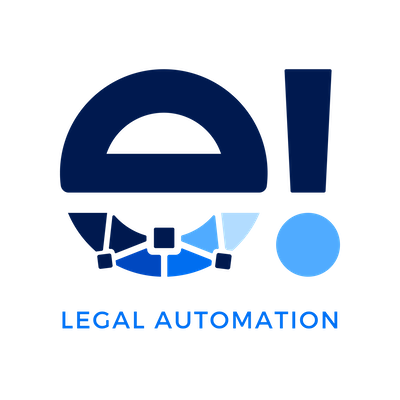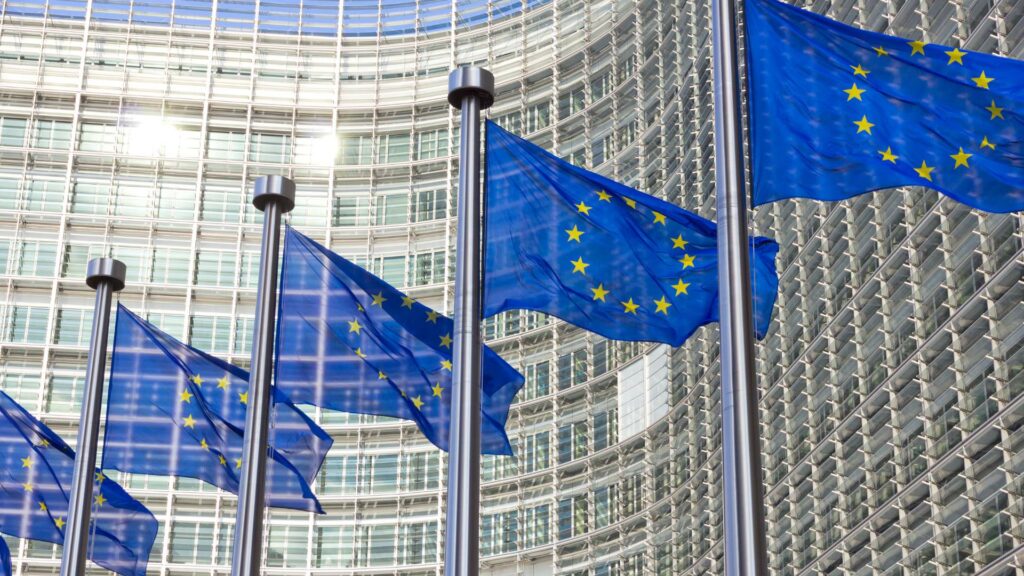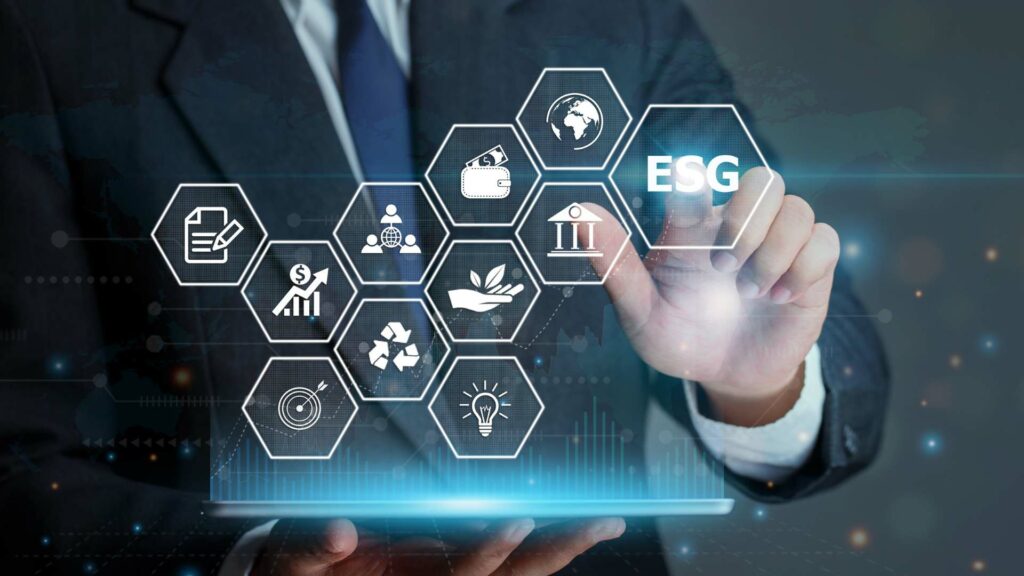ChatGPT is the revolutionary new AI-powered chatbot from OpenAI and is making quite a stir in the Legal Industry. This breakthrough model in generative AI could revolutionize legal professionals’ workflows. But what do lawyers need to understand before they can make use of its capabilities?
Attorneys recognize the importance of leveraging legal technology to meet their client’s needs. However, implementing advanced AI models like ChatGPT may bring about unprecedented issues that need closer examination.
ChatGPT promises to revolutionize legal practices by automating mundane tasks. But due to its complicated nature and potential ethical/security risks, law firms must exercise caution before jumping on board the Chatbot express.
1. The Impact of ChatGPT on the Legal Industry

ChatGPT is revolutionizing the legal industry, allowing lawyers to create high-quality custom content quickly and accurately. By leveraging machine learning algorithms paired with powerful customization features, ChatGPT allows lawyers to give their clients top-notch representation. At the same time, It can save them invaluable time and resources. This revolutionary tech raises the bar for AI potential, exemplifying technology used to its fullest extent.
Complex contracts are becoming less tedious and time-consuming to generate using ChatGPT’s advanced techniques. Its powerful feature allows for fast customization that fits each client’s situation. This used to be more difficult or slow to access using traditional workflow methods. This not only boosts lawyers’ efficiency but also boosts customer satisfaction due to faster turnaround times on projects.
Ultimately, ChatGPT’s success lies in its simplicity while maximizing the capacity of what AI can achieve. With this technology pushing the envelope on how our workplaces work; the best may yet be to come with many exciting advancements happening right before our eyes.
2. Limitations of ChatGPT
Let’s set aside for now all data privacy issues using ChatGPT, especially for European Lawyers. Despite its power and convenience, ChatGPT has certain limitations in the legal industry. For one, it cannot replace the expertise and experience of a lawyer. Additionally, despite its impressive accuracy and speed, ChatGPT still requires users to properly input data for it to generate quality results. Some of the potential drawbacks include:
- Lack of Knowledge & Expertise: ChatGPT does not possess the same expertise and domain knowledge as a human lawyer. This can lead to inaccuracies or mistakes in the documents it generates.
- Time Constraints: Generating complex documents with numerous clauses can be a time-consuming process, even with ChatGPT’s efficiency.
- Legislative Changes: The technology may not always keep up with legislative changes, risking documents becoming outdated without regular updates.
- Unforeseen Circumstances: ChatGPT’s limitations, set by its programming, can lead to issues with generated content if unexpected legal changes occur.

3. Cost Savings Resulting from the Use of ChatGPT
The use of ChatGPT in the legal industry has also resulted in tremendous savings for lawyers, in terms of money. By reducing the amount of time spent on mundane document production tasks, users can focus more resources on delivering quality representation for their clients. Additionally, since this technology can generate high-quality documents with accuracy and precision, lawyers can save money on resources such as paper and printing costs.
Here are four specific examples of how ChatGPT and AI technology can help the legal industry save money:
- Automating Mundane Tasks: Automating mundane tasks with ChatGPT and AI technology can free up lawyers’ time to focus on more complex legal issues, thereby saving the firm from having to hire additional staff or pay extra for overtime.
- Faster Document Reviews: AI-driven document analysis tools can help lawyers review contracts faster, allowing them to close deals faster and save money in the process.
- Reducing Research Time: AI-powered research tools can assist lawyers in gathering information quickly and accurately, reducing the amount of time they would otherwise spend manually sifting through documents or researching precedent cases.
- Increased Efficiency: Utilizing ChatGPT to generate documents quickly and accurately can result in increased efficiency, potentially meaning that fewer personnel costs are incurred.
4. The Growing Popularity of ChatGPT in the Legal Industry
Given its numerous advantages and cost savings, ChatGPT has grown increasingly popular among lawyers recently. As this technology continues to evolve and become more advanced, the benefits it provides to legal professionals will only continue to increase. Ultimately, this revolutionary AI technology is helping lawyers work smarter and more efficiently while delivering quality results for their clients. With its potential to revolutionize the legal industry, ChatGPT is undoubtedly here to stay.
In conclusion, ChatGPT and AI technology can be incredibly beneficial for lawyers. With ChatGPT, lawyers can quickly generate documents and content more accurately, freeing up their time to focus on more complex legal issues. The use of AI-powered document analysis and research tools also enables lawyers to save both money and time. However, lawyers need to be aware of the limitations of ChatGPT in the legal industry – while it can help streamline processes and increase efficiency, it cannot replace the human element required in certain cases. All of these features combined make ChatGPT a valuable tool for the legal industry.





